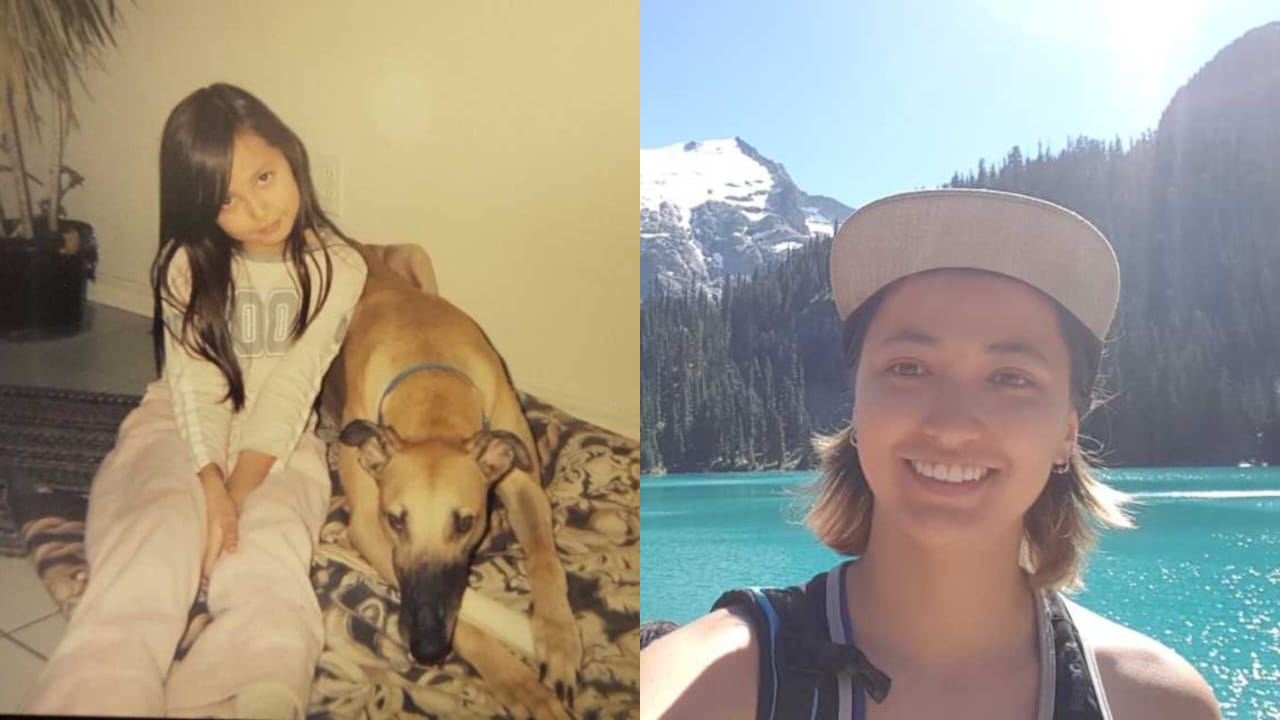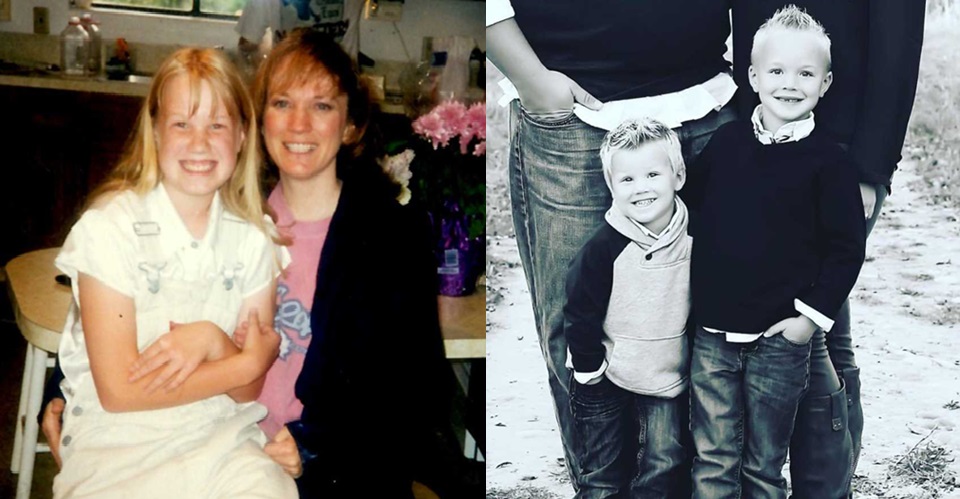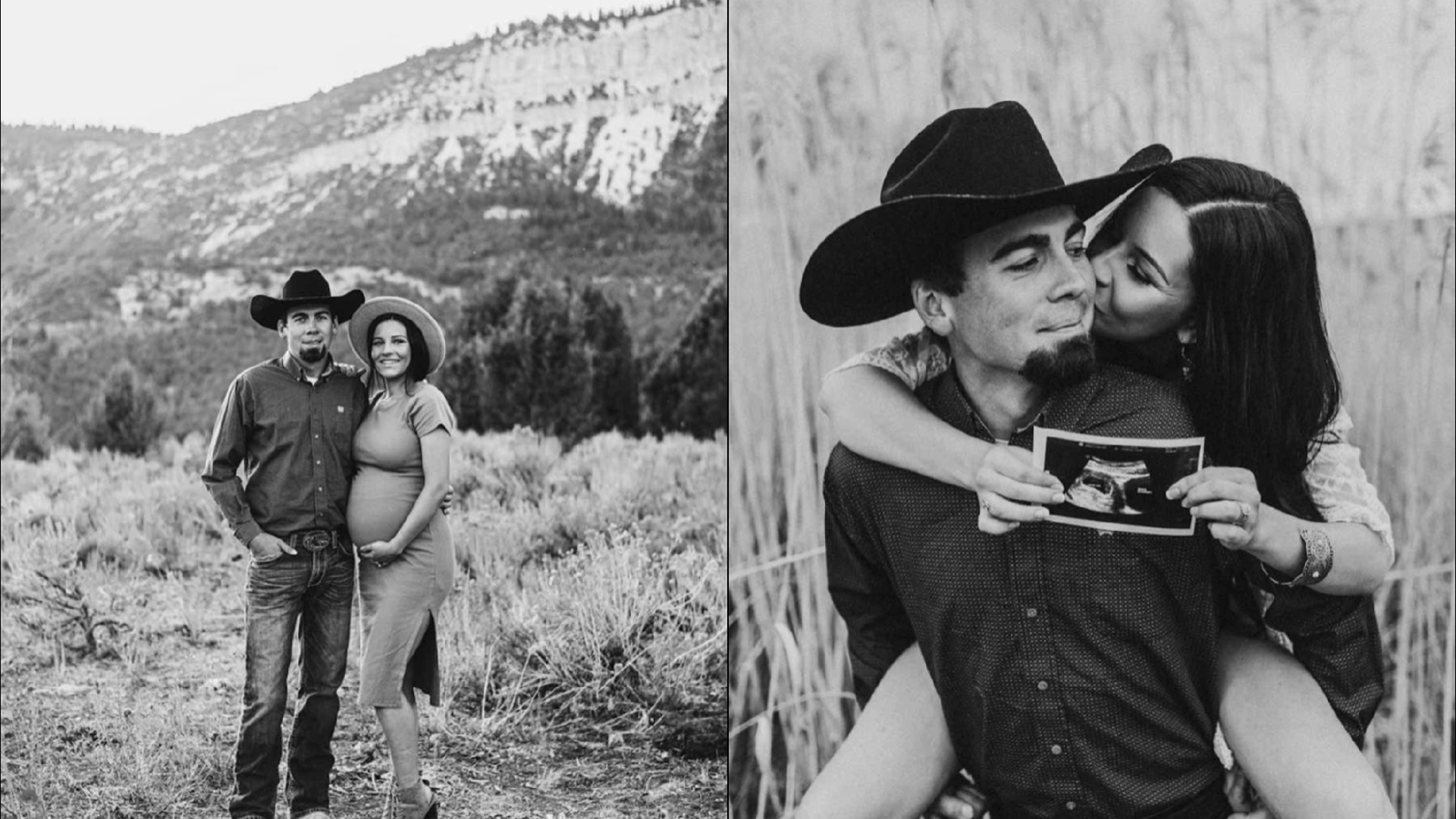My name is Diane, and I’m a queer woman of color working in the animation industry. I’m half Egyptian and half Chinese, born and raised in Toronto, Canada. My dad left when I was young, so I grew up surrounded mostly by my Egyptian side of the family. They had immigrated from Cairo in the late 1960s and brought with them pieces of tradition, faith, and culture. We celebrated Eid and Ramadan when I was little, and my grandparents took us to the mosque, but as time went on and we moved to Ottawa, that religious connection faded. Life in Canada slowly westernized my family, and prayer and fasting became distant memories.

Even as our practices faded, I always believed in God. My grandfather would tell me stories about heaven how it was full of gold houses and endless joy. I loved those stories, though I never really understood what faith meant beyond them.

As a child, I started noticing I was different, even if I couldn’t explain how. I’d find myself drawn to certain girls in my class wanting to impress them, make them laugh, or simply be near them. At the time, I didn’t think too deeply about it. I just thought that’s how admiration worked. But deep down, I knew those feelings didn’t come up the same way with boys.
I also never fit into the idea of what a “girl” was supposed to look like. I remember being about ten years old when my mom took me shopping. The girls’ section was full of frilly pink shirts and sparkles, none of which felt like me. But in the boys’ section, there were shirts with dragons and bold designs. That’s what I wanted something that made me feel powerful. My mom reluctantly bought a few pieces, but as I got older, she became more insistent that I dress and act “like a girl.”

Before high school, she told me I needed to stop dressing like a tomboy and start acting feminine so boys would like me. In Egyptian culture, family honor is everything, and you’re taught to obey your parents even if it makes you unhappy. So I did what she asked. She bought me new clothes, I changed how I dressed, and eventually, I even dated a boy in grade eleven. But it felt wrong forced and I knew I was only doing it to make her proud.

When I left home for college, I finally started dressing the way I wanted again. My mom still made comments when she visited, but I ignored them. Around that time, I grew close to a few gay friends, and in 2014, I realized I had feelings for one of them. That experience made everything click the confusion I’d felt all my life suddenly made sense. But it also brought guilt and fear. My mom often said things like “you better not be gay” and called it a sin. Hearing her speak that way about people like me, especially about one of my friends, broke my heart.

I spent months denying it, crying to friends, telling myself I could never be in a relationship with a woman. But over time, I began accepting myself. I stopped believing that a loving God would create me only to condemn me. By 2017, when I moved to Vancouver, I was ready to live openly. I went to queer events, met amazing people, and for the first time, felt free.
That November, I came out to my mom. I’ll never forget her reaction the anger, the words no child should ever hear: “You’re not my daughter.” That night nearly broke me. I spiraled into deep sadness and had dark thoughts, but I knew ending my life wasn’t the answer.

We didn’t speak for over a year after that. When we finally did, our conversations were brief and distant. Even now, she avoids the topic completely. She still hasn’t apologized, and it still hurts — knowing the person who raised me can’t accept me for who I am. But I’ve learned that love shouldn’t come with conditions.
Today, I’m almost 30, in a happy relationship, and running my own queer clothing brand that celebrates equality and identity. I finally got the short haircut my mom never allowed me to have, and every time I look in the mirror, I see the person I was always meant to be.

If there’s one thing I’ve learned, it’s that family who truly love you will find their way back and if they don’t, it’s okay to let go for your own peace. Living authentically isn’t easy, but it’s the most freeing thing I’ve ever done.











